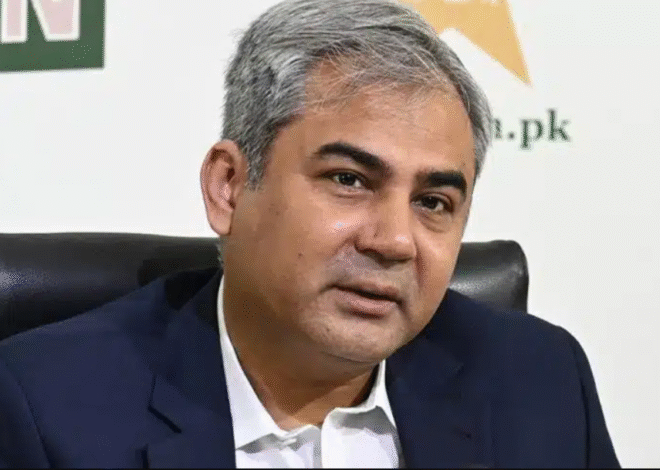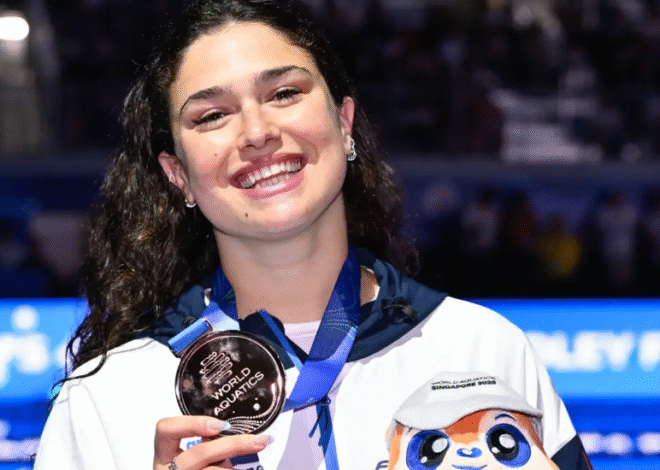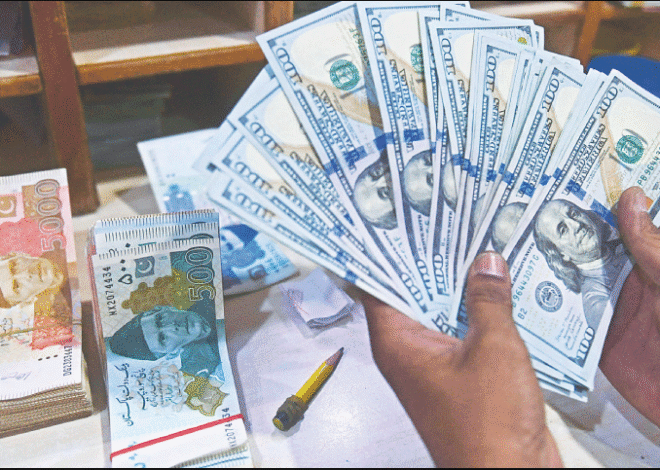
Trump Unlikely to Win Nobel Peace Prize, Experts Eye Humanitarian and Global Rights Contenders
As the world awaits the 2025 Nobel Peace Prize announcement, one thing seems almost certain: former U.S. President Donald Trump will not be taking home the prestigious honor, despite his repeated claims of deserving it. The Norwegian Nobel Committee is set to unveil this year’s laureate on Friday at 11:00 a.m. (0900 GMT), bringing months of speculation to a close.
The context surrounding this year’s award is more complex than ever. According to data from Uppsala University, the number of global armed conflicts involving at least one state reached record levels in 2024 — the highest since the university began recording in 1946. The world’s fragile peace landscape makes this year’s decision both symbolic and politically charged.
Trump, who has long sought international recognition for his diplomatic efforts, insists that he deserves the Peace Prize for “resolving eight conflicts.” However, most analysts believe the committee will steer clear of rewarding such a polarizing figure — at least for now.
Swedish peace studies expert Professor Peter Wallensteen said, “No, it will not be Trump this year. Perhaps next year, when the dust settles around his initiatives, including his attempts to mediate the Gaza crisis.”
Critics argue that Trump’s “America First” policies and withdrawal from major international agreements contradict Alfred Nobel’s original vision of promoting global cooperation, disarmament, and fraternity among nations. Nina Graeger, Director of the Peace Research Institute of Oslo, noted that Trump’s record runs counter to the principles that define the Nobel Peace Prize.
She highlighted that during his presidency, Trump pulled the U.S. out of international organizations, launched trade wars with allies and adversaries, and undermined academic freedoms and civil rights domestically.
Jorgen Watne Frydnes, chair of the Nobel Committee, emphasized that each candidate’s overall contributions and impact are assessed holistically: “The complete personality and the organization’s total work are considered, but what matters most is their tangible achievement toward peace.”
This year’s prize has 338 nominations, including individuals and organizations, though the list will remain classified for 50 years. Observers in Oslo say there is no clear favorite, though potential honorees include Sudan’s Emergency Response Rooms, a volunteer network providing aid amid war and famine, and Yulia Navalnaya, widow of Russian opposition leader Alexei Navalny.
Other speculated contenders include UN Secretary-General António Guterres, UNHCR, and UNRWA, in recognition of their humanitarian work amid global displacement crises. Some experts suggest that the Committee to Protect Journalists or Reporters Without Borders could also be in the running, symbolizing the defense of press freedom in an increasingly repressive global climate.
Analysts such as Halvard Leira, Director of the Norwegian Institute for International Affairs, believe the committee will opt for a “non-controversial” choice that aligns with traditional Nobel values of human rights, democracy, and freedom.
In recent years, the Nobel Peace Prize has increasingly focused on micro-level humanitarian and democratic causes, reflecting a return to Nobel’s core ideals. Whether the committee continues this trend or surprises the world with an unexpected winner will be revealed soon — as the world once again turns its eyes to Oslo.


